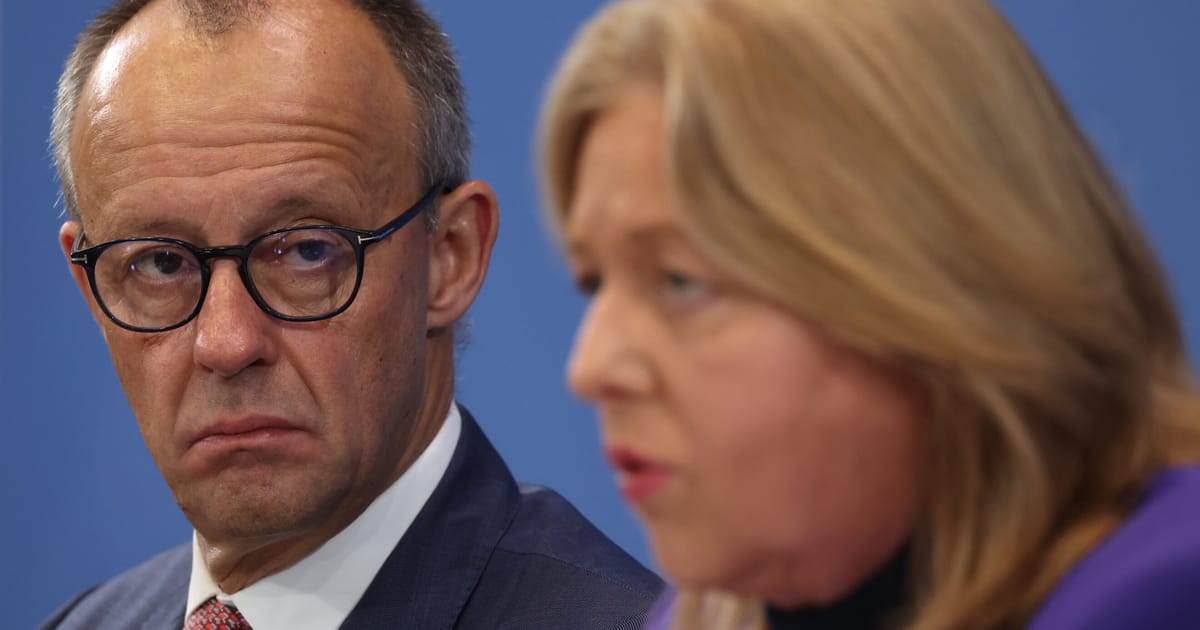“The economy is under pressure, and everything we decided yesterday reflects this pressure,” Bärbel Bas, the SPD’s labor minister, told reporters in Berlin Thursday morning. “We now need solutions as a matter of urgency, and for our part, I would like to say that we have agreed that we stand by the employees and want to secure jobs in this country.”
The total number of unemployed people reached 3.02 million in August — the highest figure in a decade. Manufacturing companies that once drove the postwar economic boom are shedding jobs. These include national champions such as engineering group Robert Bosch —which announced last month that it would cut a further 13,000 jobs by 2030 — automaker Volkswagen, and Germany’s second-largest bank, Commerzbank.
Measures designed to stabilize the economy and secure jobs include financial incentives for retirees to continue working and stricter rules for beneficiaries of the long-term unemployment benefit system.
Merz spoke of a “really great working atmosphere” between the negotiators and promised a quick implementation of the measures. The incentives for pensioners would be adopted in Cabinet next week, he said, while the the legislative process on the reform of the long-term unemployment system is “to be opened immediately.”
The latter topic is especially sensitive for Merz’s coalition partner, the SPD, who are known to be staunch supporters of Germany’s strong welfare state and workers’ right.
Under the agreement, long-term unemployment benefits will be reduced by 30 percent if a beneficiary misses two consecutive appointments at the employment office, ultimately losing all benefits if the person fails to show up for the third appointment.
“If 100,000 more people are encouraged to leave the long-term unemployment system by incentives that make work more worthwhile than unemployment, the rule of thumb is that we will save around €1 billion. That is our goal,” said Bas, who is also the co-chair of the SPD.
“Our common goal is to get people into work. Then we will make real savings,” she added.
